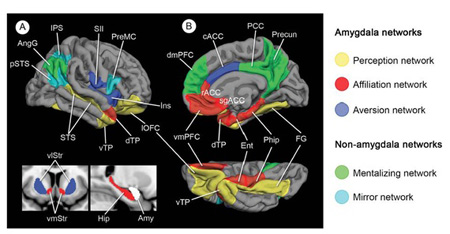By Tom Ulrich | Vector, Boston Children’s Hospital’s science and clinical innovation blog | July 30, 2014
“How much pain are you in?” It’s a harder question than you think. Tools for assessing patients’ pain—be they children or adults—rely on their perception: a subjective measure that eludes quantification and can change in response to any number of emotional, psychological or physiological factors.
Being able to objectively quantify pain could open the door to better pain management (especially for patients with chronic or neuropathic pain), better anesthetic dosing during surgical procedures, better understanding of addiction (and how to avoid it) and more.
To do so, we need measurable markers: physiologic parameters that reliably and quantitatively change during the experience of pain. But according to pain researcher David Borsook, MD, PhD—of Boston Children’s Hospital’s departments of Anesthesiology, Perioperative and Pain Medicine and Radiology—discovering such markers requires a better understanding of the larger context and of events that trigger pain, a perspective he refers to as “systems neuroscience.” Continue reading »




